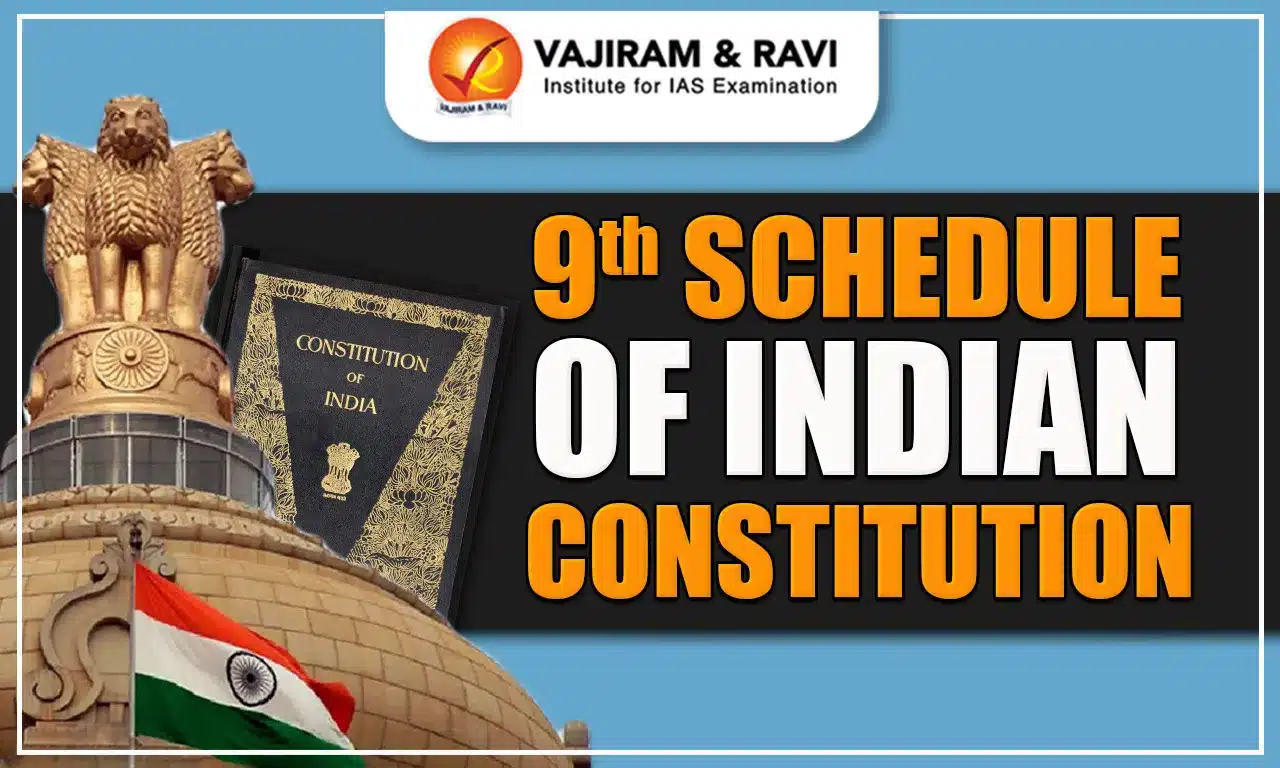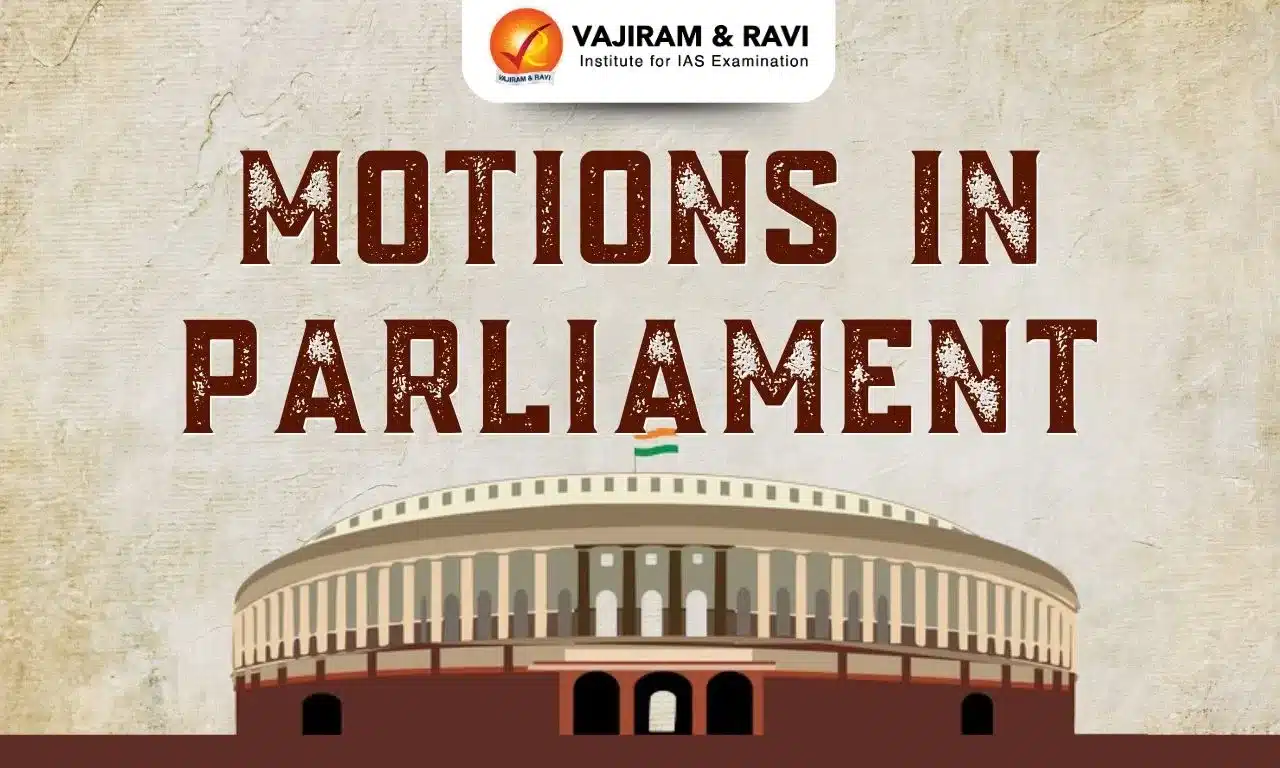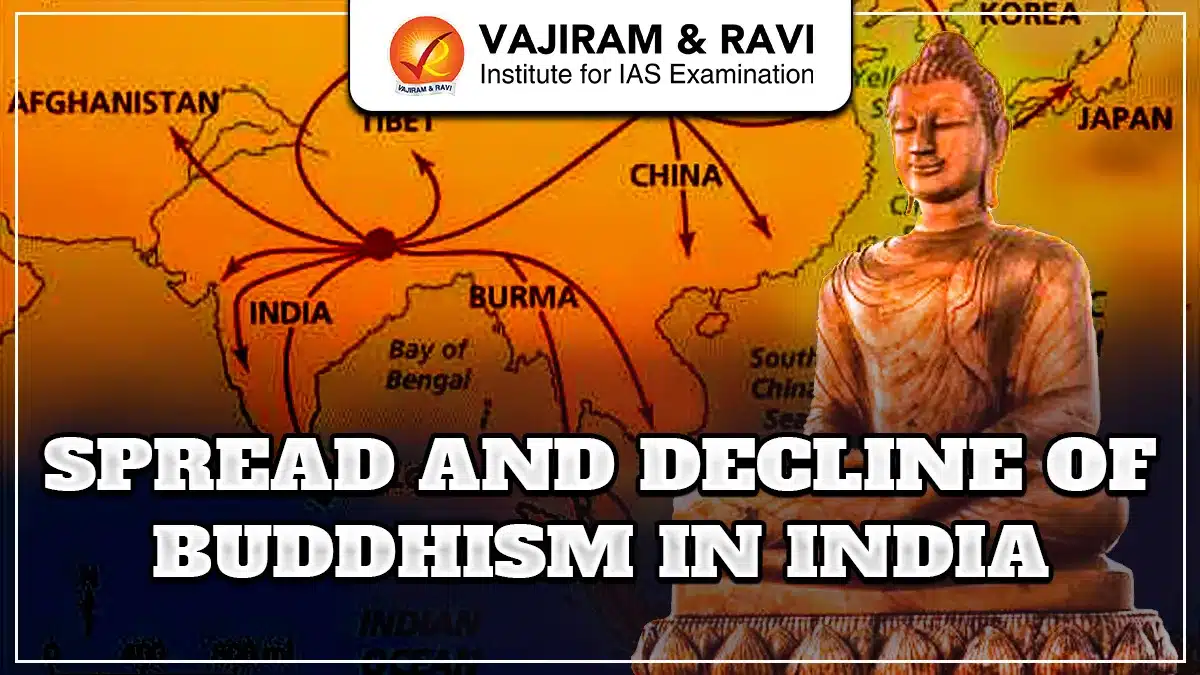9th Schedule of Indian Constitution Overview
The Ninth Schedule of the Indian Constitution contains a list of central and state laws which cannot be challenged in courts.
- It was added by the Constitution (First Amendment) Act, 1951. The 13 laws were added to the schedule through the first Amendment in 1951.
- The Ninth Schedule was added to the Constitution in 1951 through the First Amendment Act in response to the Supreme Court's decision in the Shankari Prasad case(1951), which had ruled that laws enacted by the Parliament could be challenged if they violated the fundamental rights guaranteed by the Constitution.
- The Ninth Schedule is a special provision in the Constitution of India that allows the legislature to exempt certain laws from judicial review through a constitutional amendment.
- The Ninth Schedule was brought by adding new Article 31B, which along with Article 31A enacted with the aim of protecting laws related to agrarian reform and to abolish the Zamindari System.
- The laws included in the Ninth Schedule are immune to being challenged in the court on the grounds of inconsistency with the fundamental rights guaranteed by the Constitution of India.
Salient Features of 9th Schedule of Indian Constitution
Some of the salient features of the Ninth Schedule include
- Article 31B: It provides protection to acts and regulations included in the Ninth Schedule from being challenged and invalidated on the ground of contravention of any of the fundamental rights.
- Wider in scope than Article 31A: Article 31A protects only five specific categories of laws from being challenged on the grounds of contravention of the fundamental rights conferred by Article 14 and Article 19 of the Constitution.
- Contains mainly land and reservation-related laws: The laws are primarily related to agriculture and land issues, however, some laws related to reservation are also included. For instance, there is a law from Tamil Nadu in the Schedule that mandates 69% reservation in the state.
- Promotion of a just and equitable society: The Ninth Schedule helps to reduce economic inequality and promote social welfare through protection of laws and policies such as reservation.
- Preventing concentration of land among few: Another objective of Ninth Schedule is to reduce the concentration of land in a few hands and share the land among farmers in order to fulfill the constitutional mandate of creating a just society.
- Protection of laws aimed at achieving social and economic objectives: Laws aimed at achieving social and economic objectives include laws related to land reforms, redistribution of wealth, labor laws, and laws related to taxes and revenue.
What are the criticisms of the 9th Schedule of Indian Constitution?
- Violation of Fundamental Rights: Ninth Schedule allows the government to enact laws such as reservations that violate the right to equality guaranteed by the Constitution.
- Misuse of Power: The government may add laws to the Ninth Schedule for political reasons or to protect vested interests, leading to a lack of accountability and transparency.
- Lack of Judicial Oversight: The inclusion of laws in the Ninth Schedule restricts the power of the judiciary to review their constitutionality, leading to a lack of judicial oversight.
- Unequal Treatment: The Ninth Schedule provides unequal treatment to different laws and policies. Some laws are protected from judicial scrutiny, while others are subject to judicial review.
- Lack of Clarity: The Ninth Schedule lacks clarity about the criteria for the inclusion of laws. This can create confusion and uncertainty about the constitutionality of laws and policies, leading to a lack of transparency and accountability.
- Checks and balances: The validity of the Ninth Schedule has been a subject of controversy, with some arguing that it undermines the principle of checks and balances and limits the power of the judiciary to protect the fundamental rights of citizens.
- Arbitrary actions: Arbitrary or unreasonable actions were taken by the various governments. For instance, Jharkhand's new bill seeks to increase the reservation in government posts to 77%, and also the Jharkhand government asked the central government for its inclusion in the Ninth Schedule to take effect.
What are the significant cases dealing with 9th Schedule of Indian Constitution?
The question of Laws in the Ninth Schedule completely exempt from judicial scrutiny has been resolved through various Supreme Court judgments, which are given as follows:
- Keshavananda Bharati v. State of Kerala (1973): The Supreme Court held that any law which violates "Basic structure of the Indian Constitution" can be declared unconstitutional by the court.
- Waman Rao v. Union of India (1981): In this significant decision, the Supreme Court ruled that the amendments made after 24th April 1973 in Ninth Schedule can be challenged on the grounds of constitutionality.
- I R Coelho v. State of Tamil Nadu (2007): The court ruled that any law enacted in Ninth Schedule after 24th April 1973 must be examined under Articles 14, 19, and 21. Furthermore, it stated that any act that is not in line with the basic structure of the constitution can be challenged and subjected to judicial review.
How can the appropriate use of the 9th Schedule of Indian Constitution?
The appropriate use of the Ninth Schedule can be ensured by taking the following suggestions into consideration:
- National Commission to Review the Working of the Constitution(NCRWC): The protection from judicial review should be restricted to only those laws which relate to agrarian reforms, reservations, and the implementation of Directive Principles specified in Article 39(b) and Article 39(c).
- Reservation: Reservation is a vital measure, but it should be subject to judicial review to prevent any arbitrary or unreasonable actions taken by the executive or legislature.
- Last resort: The Ninth Schedule should be used as a last resort when there are no other means available to achieve the desired objectives. The government should exhaust all other options before resorting to the Ninth Schedule.
- Transparent process: The inclusion of laws in the Ninth Schedule should be a transparent process, and the government should provide clear reasons for why a particular law needs to be included.
- Limited protection: The protection provided by the Ninth Schedule should be limited and not absolute. The government should not use it as a means to avoid judicial scrutiny altogether.
- Review mechanism: There should be a review mechanism in place to periodically review the laws included in the Ninth Schedule to ensure that they are still relevant and necessary.
| Other Related Posts | |
| Important Articles of Indian Constitution | 9th Schedule |
| Schedules of Indian Constitution | Anti Defection Law |
| 5th Schedule | Preamble of the Indian Constitution |
| 6th Schedule | |
Last updated on February, 2026
→ UPSC Notification 2026 is now out on the official website at upsconline.nic.in.
→ UPSC IFoS Notification 2026 is now out on the official website at upsconline.nic.in.
→ UPSC Calendar 2026 has been released.
→ Check out the latest UPSC Syllabus 2026 here.
→ Join Vajiram & Ravi’s Interview Guidance Programme for expert help to crack your final UPSC stage.
→ UPSC Mains Result 2025 is now out.
→ UPSC Prelims 2026 will be conducted on 24th May, 2026 & UPSC Mains 2026 will be conducted on 21st August 2026.
→ The UPSC Selection Process is of 3 stages-Prelims, Mains and Interview.
→ Prepare effectively with Vajiram & Ravi’s UPSC Prelims Test Series 2026 featuring full-length mock tests, detailed solutions, and performance analysis.
→ Enroll in Vajiram & Ravi’s UPSC Mains Test Series 2026 for structured answer writing practice, expert evaluation, and exam-oriented feedback.
→ Join Vajiram & Ravi’s Best UPSC Mentorship Program for personalized guidance, strategy planning, and one-to-one support from experienced mentors.
→ UPSC Result 2024 is released with latest UPSC Marksheet 2024. Check Now!
→ UPSC Toppers List 2024 is released now. Shakti Dubey is UPSC AIR 1 2024 Topper.
→ Also check Best UPSC Coaching in India
9th Schedule of Indian Constitution FAQs
Q1. How many times has the Indian constitution been amended to include laws under the Ninth Schedule?+
Q2. How many laws are included under the Ninth Schedule?+


















